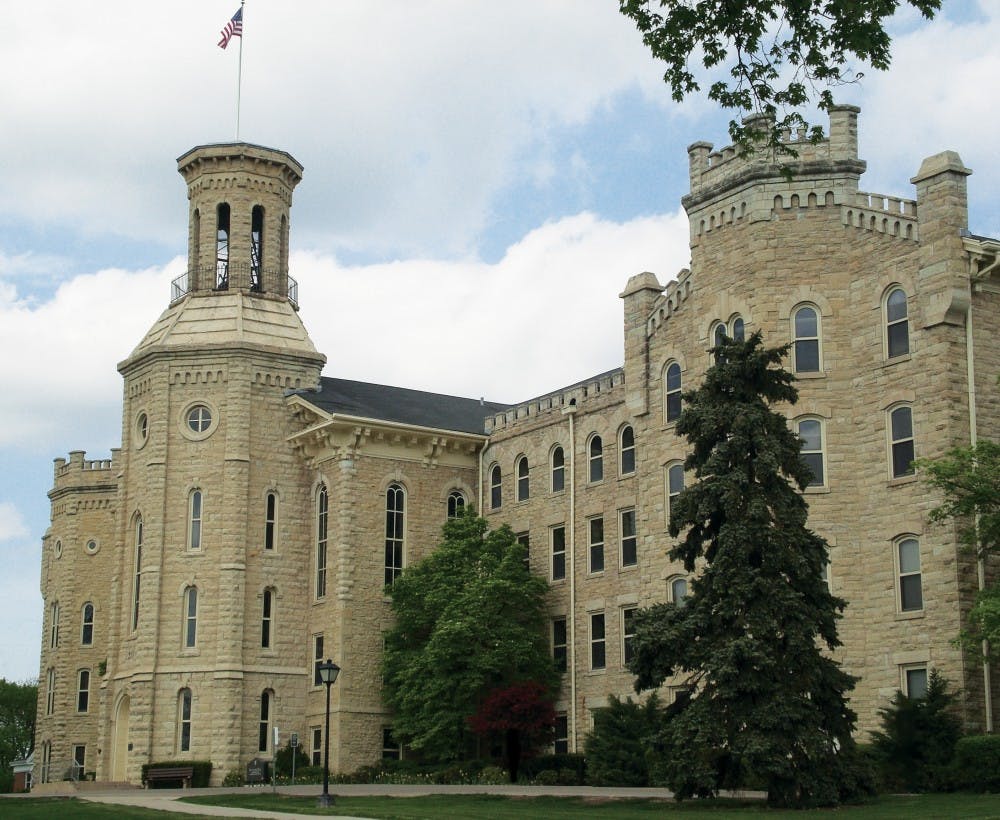
Wheaton College in Wheaton, Illinois requires faculty members to complete faith statements affirming their religious beliefs.
In the wake of the Hobby Lobby decision, Americans are ever more conscious of the wall between church and state.
Penn professor of English and Education Peter Conn recently addressed the topic of accreditation in an article for The Chronicle of Higher Education titled “The Great Accreditation Farce.” He argued that the accreditation of religious institutions “systematically undermine[s] the most fundamental purposes of higher education”, which he cites to be “skeptical and unfettered inquiry.”
Accreditation is a process in which agencies “develop evaluation criteria and conduct peer evaluations to assess whether or not those criteria are met,” according to the U.S. Department of Education.
In postsecondary education, this means that universities must annually appoint diverse committees to conduct internal studies that gauge the quality of the institution in question. The committee assesses the university and recommends improvements in a lengthy, expensive and time-consuming process.
Once a university is accredited, it enjoys a certain level of legitimacy conferred with the title. Additionally, only accredited universities are allowed to offer financial aid to students.
The premise of Conn’s article hinges on the practice of some institutions prioritizing faith over academic freedom. For example, Christian colleges such as Bryan College in Tennessee and Wheaton College in Illinois require faculty members to complete faith statements — statements that contain phrases such as “We believe that the holy Bible, composed of the Old and New Testaments, is of final and supreme authority in faith and life, and, being inspired by God, is inerrant in the original writings.”
Professor Clauson from Bryan College engaged in the debate when he wrote a letter to the editor of a campus publication, stating that “Academic freedom is not sacrosanct. It too must submit to God in a Christian college.”
“Academic freedom is important in the sense that there should be almost nothing that cannot be discussed and analyzed in the classroom,” Clauson said in an email. In order for a Christian college to preserve and protect its values “there must be limits to what a professor believes or presents as ‘truth’”, he said.
Concerning the separation of church and state in federally recognized accreditation programs, Clauson saw no problem, stating that accreditation exists to guide the college in how it does its job, not in what it claims to be truth.
“If the accreditation agencies were to start telling colleges what they can or cannot teach as truth, then that is where there is a Church-State, or more specifically, a religious freedom issue,” Clauson said.
Clauson conceded that although Christian education bases truth on Scripture, it provides a holistic education by including other ideas and works. “Einstein was not a Christian. Does that mean his work was all wrong and to be ignored? Of course not. That would be absurd.”
Conn does not believe the practice of religious accreditation will change in the near future and sees this as a problem.
“[The U.S. Department of Education] ... whether in the hands of Democrats or Republicans, is not about to start a fight with Christian zealots under any conceivable circumstances,” Conn said.
He believes that this wall is slowly but inevitably being dismantled. “Mr. Jefferson would be weeping,” he said. “Scalia and his extremist ideological allies aspire to turn the United States into a theocracy.”
Accreditation has not received much of a national spotlight in the past, but as it dredges up an age-old conflict and is tied to recent, prominent court cases, the involved conversation is likely only beginning to emerge.
The Daily Pennsylvanian is an independent, student-run newspaper. Please consider making a donation to support the coverage that shapes the University. Your generosity ensures a future of strong journalism at Penn.
DonatePlease note All comments are eligible for publication in The Daily Pennsylvanian.





